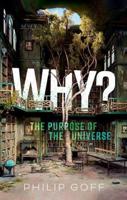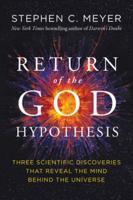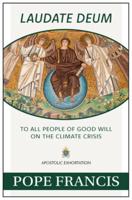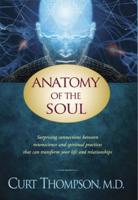Publisher's Synopsis
In this ambitious study, David Corfield attacks the widely held view that it is the nature of mathematical knowledge which has shaped the way in which mathematics is treated philosophically and claims that contingent factors have brought us to the present thematically limited discipline. Illustrating his discussion with a wealth of examples, he sets out a variety of approaches to new thinking about the philosophy of mathematics, ranging from an exploration of whether computers producing mathematical proofs or conjectures are doing real mathematics, to the use of analogy, the prospects for a Bayesian confirmation theory, the notion of a mathematical research programme and the ways in which new concepts are justified. His inspiring book challenges both philosophers and mathematicians to develop the broadest and richest philosophical resources for work in their disciplines and points clearly to the ways in which this can be done.










